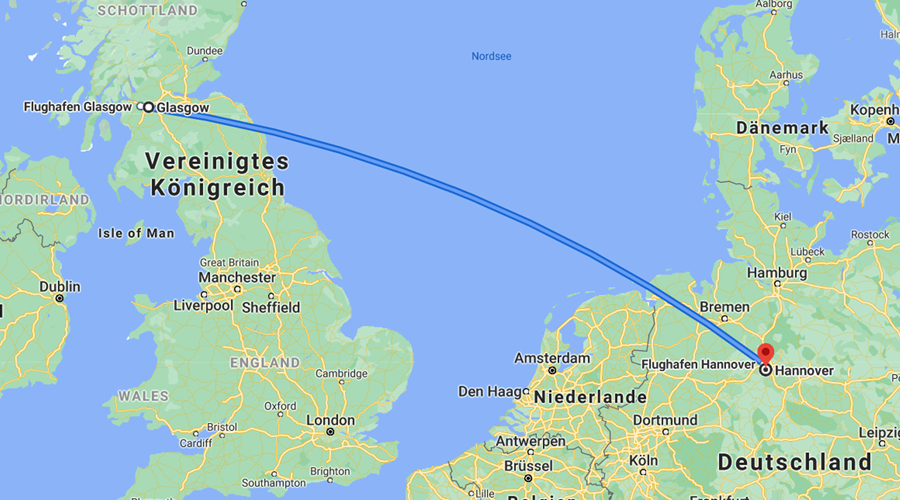Hannover and Glasgow plan to conduct more research together and to offer an excellent training environment:
Scientists from the Cluster of Excellence RESIST and the MRC-University of Glasgow Centre for Virus Research (CVR) have launched the Hannover-Glasgow Infection Strategy (HAGIS) project. They aim to use their complementary strengths to advance the development of new therapies for infectious diseases – for example, in the areas of viral infections in susceptible individuals and emerging viral infections – and PhD students will benefit from the combined research strengths of the two sites. The Lower Saxony Ministry of Science and Culture is funding the launch of HAGIS with 42,000 euros.
To launch HAGIS, around 30 researchers from Hannover and Glasgow met in an online kick-off meeting on August 26, 2021, where RESIST speaker Prof. Dr. Thomas Schulz and CVR Director Prof. Dr. Massimo Palmarini introduced their institutions and HAGIS, followed by presentations of the work being done in their laboratories by some scientists. For example, Dr. Alfredo Castello explained his research on the role of RNA-binding proteins in viral infection, and Prof. Dr. Abel Viejo-Borbolla and Prof. Dr. Daniel Depledge presented their research on varicella zoster virus latency and reactivation. The meeting also emphasized that in addition to virological projects, collaborations in the fields of immunology and microbiology will also be facilitated. Participants then discussed various research topics in groups before moving on to further action on HAGIS.
This first meeting will be followed by further videoconferences as well as a workshop, if possible in-person, to find research projects on which several PhD students can collaborate – for exchanges of a few months in the other country and institute. In doing so, the teams can build on existing collaborations between the researchers from Hannover and those from Glasgow. From the middle of 2023, a joint DFG proposal for an international ‘Research Training Group’ will be developed, in which several “generations” of doctoral students (ten to 15 per “generation”) could spend three to six months each in the laboratories of the other partner. If the proposal is successfully reviewed, the international ‘Research Training Group’ could start at the beginning of 2024.
RESIST scientists who would like to host PhD students from Glasgow or send them to Glasgow are welcome to contact the RESIST office at: RESIST@mh-hannover.de.

